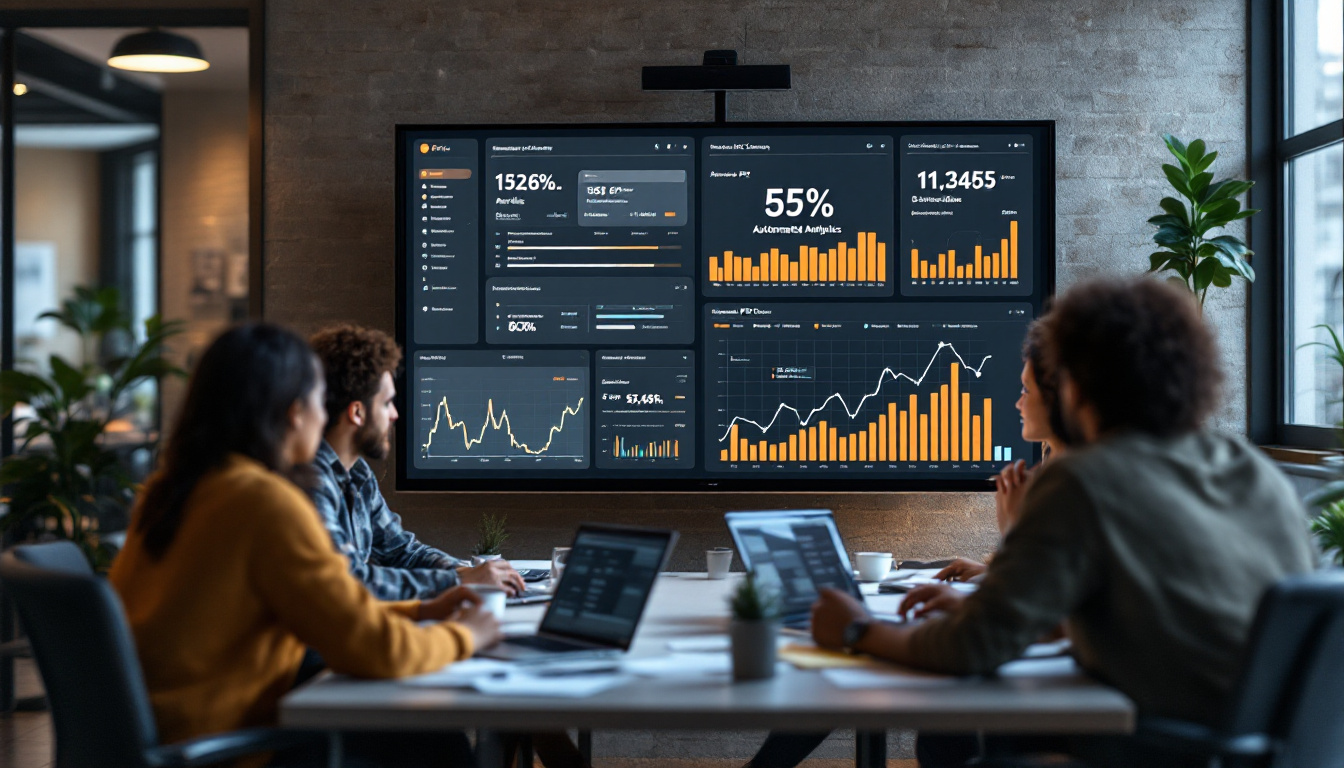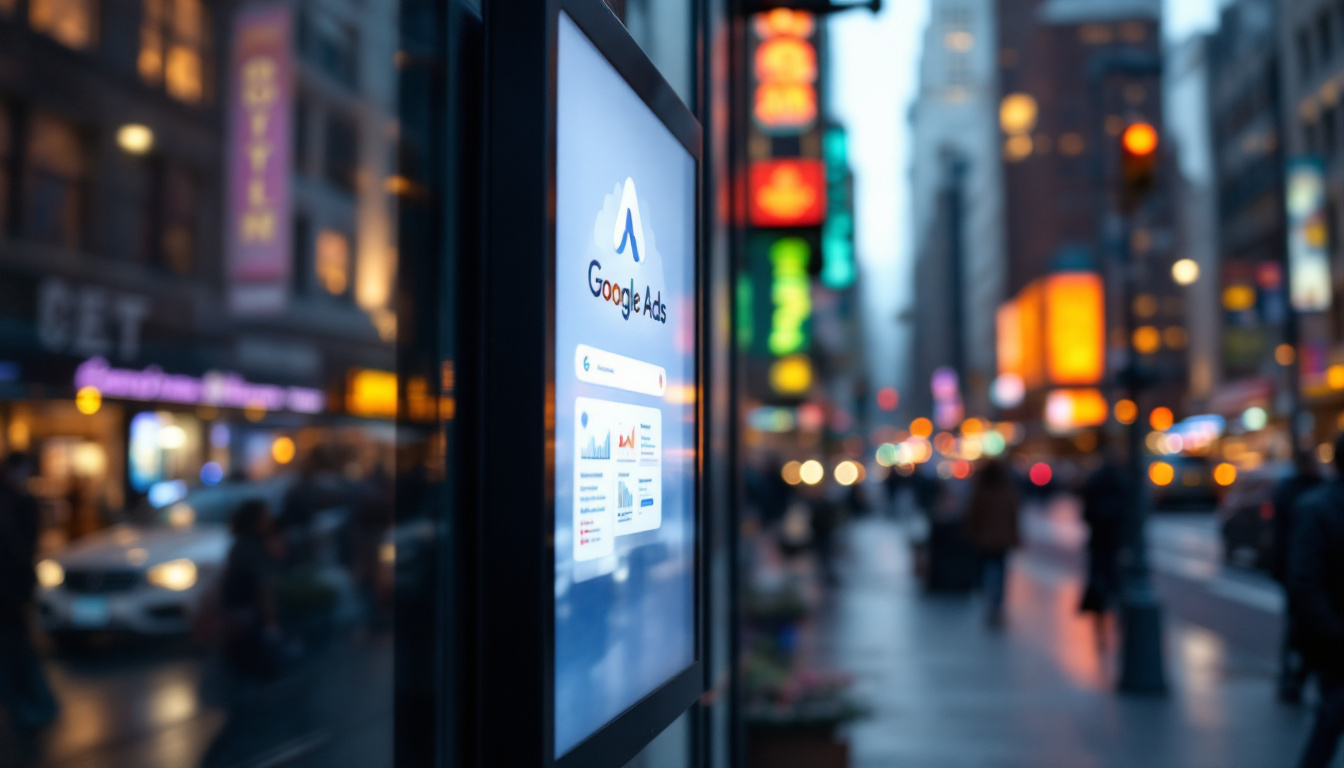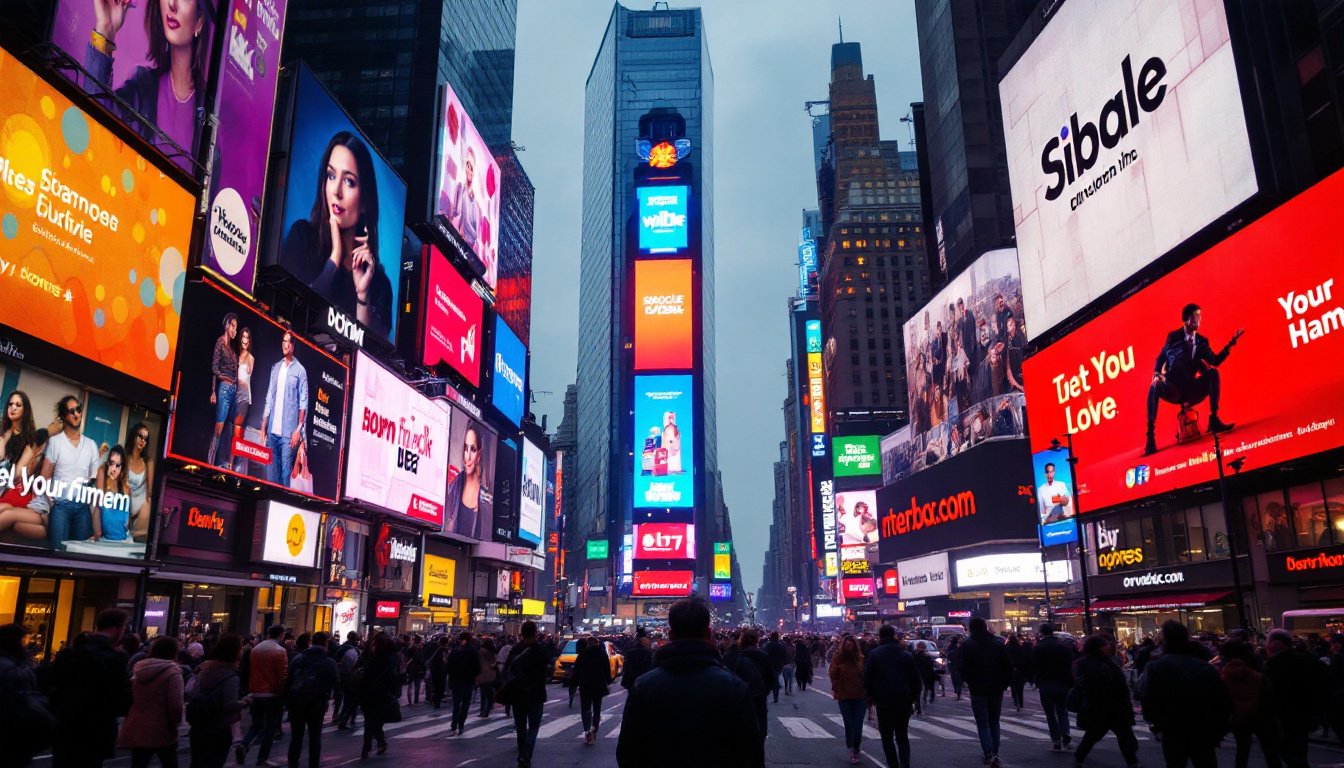What New York, NY Businesses Should Know About Google Ads Updates

In the fast-paced world of digital marketing, keeping up with Google Ads updates is essential for businesses looking to maximize their online advertising potential. For businesses in New York, NY, understanding the nuances of these updates can make a substantial difference in the effectiveness of their PPC campaigns. This article will explore the latest developments in Google Ads, how they affect your advertising strategy, and provide tips on adapting your campaigns accordingly.
Understanding the latest Google Ads updates
Google frequently rolls out updates to its advertising platform to enhance functionality and improve user experience. These updates often include changes to ad formats, targeting options, bidding strategies, and reporting features. For instance, recent updates have introduced new tools and methodologies that give advertisers more control over their campaigns, such as responsive search ads and enhanced smart bidding strategies.
One significant trend in these updates is the emphasis on machine learning and AI. Google has increasingly pushed for automation in ad placements, audience targeting, and keyword management. As a result, businesses must adapt to these innovations to remain competitive in the ever-evolving digital marketplace. The integration of AI not only streamlines the advertising process but also optimizes ad spend by ensuring that ads reach the most relevant audiences at the right time, thereby maximizing return on investment.
Moreover, these updates reflect a broader shift towards personalization in digital advertising. Advertisers can now leverage advanced audience segmentation tools that utilize user behavior data to create highly tailored ad experiences. This means that businesses can deliver messages that resonate more deeply with potential customers, increasing engagement and conversion rates. As consumers become more discerning, the ability to connect with them on a personal level through targeted advertising becomes increasingly crucial.
Key areas of focus in recent updates
The latest updates have highlighted several areas that businesses should focus on:
- Responsive search ads: These allow advertisers to input multiple headlines and descriptions, which Google then mixes and matches to find the most effective combination for ad performance. This flexibility not only enhances ad relevance but also improves the chances of capturing user attention in a crowded marketplace.
- Performance-based metrics: With updates to conversion tracking, businesses can now assess their ads based on real-time performance metrics, making it easier to identify successful strategies. This shift towards performance-driven advertising encourages businesses to continuously optimize their campaigns based on actionable insights.
- Insights and analytics: Improved reporting tools give businesses deeper insights into their audience behavior, helping them fine-tune their campaigns. Enhanced analytics capabilities allow for a more granular understanding of customer journeys, enabling advertisers to make data-informed decisions that drive better results.
Additionally, Google has introduced features aimed at improving ad visibility across various platforms. With the rise of mobile usage, updates have focused on ensuring that ads are optimized for mobile devices, providing a seamless experience for users. This includes adjustments to ad formats that cater specifically to mobile screens, ensuring that content is not only visually appealing but also functional. The shift towards mobile-first advertising is a response to changing consumer habits, as more users engage with content on their smartphones than ever before.
How updates impact your PPC strategy
Every update brings along new challenges and opportunities for change in your PPC strategy. For businesses in New York, NY, this can mean reevaluating how they allocate budget, choosing which features to leverage, and adapting their messaging to align with the latest trends. The fast-paced nature of the digital advertising landscape necessitates that businesses remain vigilant and responsive to these changes, ensuring they are not left behind in a competitive market.
For instance, the shift toward automation means that businesses must balance their efforts between manual control and allowing Google’s algorithms to optimize ad performance. Companies must also monitor performance metrics closely to determine whether automated strategies are yielding meaningful results, requiring a blend of both traditional and modern tactics. Additionally, the introduction of machine learning capabilities can enhance targeting precision, but it also demands a deeper understanding of how these algorithms operate to maximize their potential.
The need for agile marketing
In light of these updates, an agile marketing approach becomes critical. This involves:
- Regularly reviewing your campaigns: Monitor performance metrics consistently to gauge how recent updates affect your ads.
- Adapting quickly: Be ready to pivot strategies based on the performance insights you gather.
- Testing new features: Experiment with newly released tools and functionalities to identify what works best for your business.
Moreover, fostering a culture of collaboration within your marketing team can amplify the effectiveness of your agile strategy. By encouraging open communication and brainstorming sessions, team members can share insights and best practices that may not be immediately apparent in isolated efforts. This collaborative environment not only enhances creativity but also ensures that everyone is aligned with the overarching goals of the PPC campaigns, making it easier to adapt to changes as they arise.
Furthermore, leveraging data analytics tools can provide deeper insights into consumer behavior and preferences, allowing businesses to refine their targeting strategies. As updates roll out, these tools can help identify emerging trends and shifts in audience engagement, enabling marketers to stay ahead of the curve. By integrating advanced analytics into your PPC strategy, you can make informed decisions that drive better results and optimize your return on investment.
Adapting campaigns to new Google features
Adapting your campaigns involves understanding and leveraging the latest Google Ads features. Your approach should include integrating new functionalities that can enhance your campaign's reach and effectiveness. Staying informed about updates and changes in the Google Ads platform is essential, as these features can significantly impact your advertising strategy. Regularly reviewing Google's official blogs, attending webinars, and participating in community forums can provide valuable insights into how these features can be utilized to your advantage.
Consider starting with responsive search ads if you haven’t already. This innovative format not only saves time but can also lead to higher engagement rates due to its dynamic nature. With Google’s algorithm optimizing ads in real-time, businesses can expect better performance over static ad formats. Moreover, responsive search ads allow for a broader array of headlines and descriptions, which can be tailored to match user intent more closely. This flexibility means that your ads can resonate better with diverse audiences, ultimately driving higher click-through rates and conversions.
Utilizing automation tools
Another key area for enhancement is in automation. With smart bidding options, businesses can automatically adjust their bids based on performance data, available inventory, and intended audience. This means less manual intervention and more focus on strategy development. By utilizing machine learning, Google Ads can analyze vast amounts of data to determine the optimal bid for each auction, taking into account various factors such as time of day, device type, and user behavior. This level of sophistication allows advertisers to maximize their return on investment without the need for constant oversight.
However, automation doesn’t mean a complete hands-off approach. Continuous optimization using both automated tools and regular campaign analysis is crucial to ensuring that your business stays ahead of the competition. It's important to monitor key performance indicators (KPIs) and adjust your strategies accordingly. Additionally, combining automation with A/B testing can provide deeper insights into what works best for your target audience. By experimenting with different ad creatives, targeting options, and bidding strategies, you can refine your campaigns further and ensure that they are not only effective but also aligned with your overarching marketing goals.
The role of automation in modern PPC campaigns
Automation plays a crucial role in modern PPC campaigns, as it enables businesses to increase efficiency while reducing the workload associated with manual processes. Google Ads has integrated various automated features designed to streamline the management of ad campaigns.

For instance, automated rules allow advertisers to establish conditions under which adjustments or changes need to be made, such as pausing underperforming ads or increasing budgets when certain performance metrics are met. This level of automation ensures that campaigns remain agile and responsive to real-time data.
Balancing automation with human oversight
While automation significantly improves efficiency, it is essential to balance it with human oversight. Business owners should not fully rely on algorithms without keeping an eye on how campaigns perform in the long term. Regular analysis is necessary to catch any unforeseen issues that automation might overlook.
Humans bring in strategic insights and creative thinking that machines cannot replicate. By combining both realms effectively, New York businesses can craft campaigns that not only meet their objectives but also resonate with their target audiences.
Key takeaways from recent Google Ads changes
As Google continues to update its suite of advertising tools, New York businesses should keep several key takeaways in mind to effectively navigate these changes:

- Stay informed: Regularly update your knowledge of Google Ads and its latest features to stay ahead of the competition.
- Invest in learning: Allocate time for staff training on new tools and automated features to maximize your advertising potential.
- Monitor performance: Keep track of how changes affect your PPC campaigns and adjust your strategies accordingly.
By staying proactive and adapting to the constant evolution of Google Ads, businesses in New York can maximize their advertising efficiency and achieve greater success in the digital landscape.

As a Google Ads expert, I bring proven expertise in optimizing advertising campaigns to maximize ROI.
I specialize in sharing advanced strategies and targeted tips to refine Google Ads campaign management.
Committed to staying ahead of the latest trends and algorithms, I ensure that my clients receive cutting-edge solutions.
My passion for digital marketing and my ability to interpret data for strategic insights enable me to offer high-level consulting that aims to exceed expectations.





























